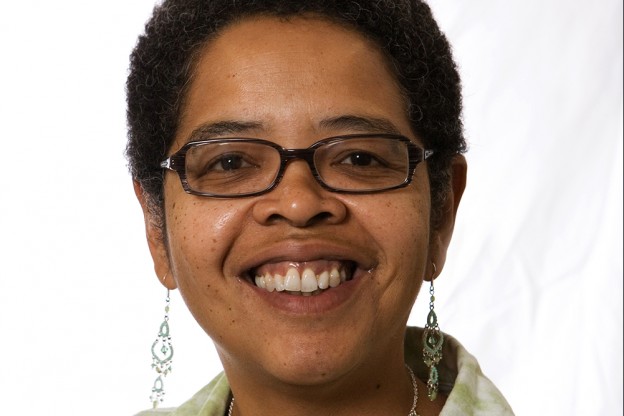An award of more than £26K has been made to Kent Law Professor Toni Williams for a three-year research project to investigate how legal and regulatory techniques are used to implement social and economic inclusion policies in Latin America and the EU.
The award of £26,350 has been made by the British Academy’s International Partnership and Mobility Scheme and will help support development of a long-term collaborative research relationship with the Federal University of Minas Gerais (UFMG) in Brazil. Professor Williams is Principal Investigator for the project with Professor Fabricio Polido from UFMG as co-investigator.
Head of Kent Law School Professor Williams said: ‘This research programme will strengthen the developing research partnerships between the law schools at UFMG and Kent, allowing us to hold joint research events, publish collaboratively and co-deliver modules. We will also be able to develop our research networks, enabling two-way academic mobility for staff and postgraduate research students.
‘The project will also contribute to our joint and more general global objective of strengthening each School’s capacity to contribute to national and regional policy debates in Brazil and the EU, increasing the international exposure of the research conducted in both Schools and deepening understanding between EU and Latin American scholarly circles.’
The project, scheduled to begin in October, will explore the kinds of law and regulation used to implement inclusionary policies along with the differing implications for social justice, equalities and diversities and development.
Professor Williams said: ‘Brazil and the UK are excellent sites to study implementation of inclusion because each country has done innovative work in this field; the UK through institutions such as the Social Exclusion Unit and the Financial Inclusion Taskforce, Brazil though social justice rights, education, empowerment, digital and technological inclusion programmes and wealth transfers.’
